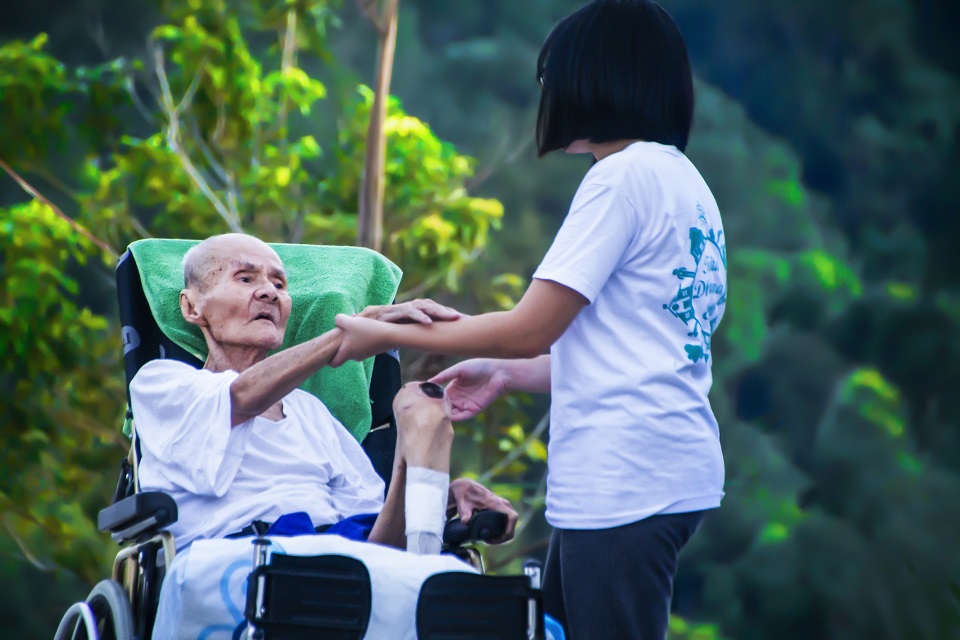
Close


As we approach the tail end of the festive season, replete with reunion dinners and visits with our loved ones, we look all the way back to 2020, a time of many news. I was on my bus ride home when I received a text from my wife, sharing with me the family’s reunion dinner plans.
Therefore, my mind wandered to the current COVID-19 situation and the new normal. A time whereby we hear of many little acts of love – from friends and families sending care packages to each other, to reports of two young students buying masks from their own pockets and giving them out for free on social media platforms, when masks were in shortage. Hearing such stories makes me ponder, what drives these individuals to perform such acts of altruism?
In our line of work where we encounter death and suffering all too often, it is enlightening to see non-blood-related caregivers providing great care to our patients.
I remember Mdm Coco* and her ex-husband Mr Herbin*. Mdm Coco had sought a divorce from Mr Herbin years back as he was a philandering individual in his heyday. However, one night, he came knocking on her door, begging her to take him back as he was diagnosed with cancer and had only a year left to live.
Despite the residual feelings of hurt, Mdm Coco softened when she saw him, once a prideful man, now looking all forlorn, pleading with her to take him in. Now, she tends to his daily needs, such as cleaning him, preparing his meals according to his dietary needs and ensuring that he has taken his medicine. Beyond that, she also took steps to educate herself about his illness and helps to support him on the emotional front on days when battling cancer can get a bit tough.
As Mr Herbin loves the sea, Mdm Coco takes him on regular walks to East Coast Park in his wheelchair. Although the battle with cancer has left him rather emaciated, it has not been an easy task to get a rather lanky Mr Herbin from the bed to the wheelchair, especially given her petite frame. In addition, Mr Herbin is a rather crabby old man – she mentioned that he had always been an aggressively short-fused man even before he was diagnosed with cancer.
Upon hearing that, I could not help but wonder aloud why she continued to care for him, to which she mused, “If I saw a dying dog, I wouldn’t be able to stand by and leave it to die.” I was dumbfounded by her response but it made me wonder from the perspective of a social worker: what drives these individuals to provide such levels of care?
One may brush them off and draw attention to the fact that these individuals were once in love and married. Hence, there is still some form of a bond with each other.
This brings to mind another elderly patient, Mdm Tina*, who lives with her foreign domestic helper, Yani*. Mdm Tina, who has no surviving family, hired Yani about eight years ago when she needed help around the house.
When Mdm Tina was diagnosed with a terminal illness about a year ago, she was heartened to learn that Yani had decided to commit to caring for her. Yani continues to care for Mdm Tina, managing her medication, assisting her with her activities of daily living and accompanying her for medical appointments.
It was then on that bus ride that it dawned on me – the values of gratitude, purpose and meaning. These are general principles that these caregivers abide by. I guess it is akin to the Chinese saying, “患难见真情”, which translates to “one’s real feelings are revealed only in times of adversity”.
*not their real names